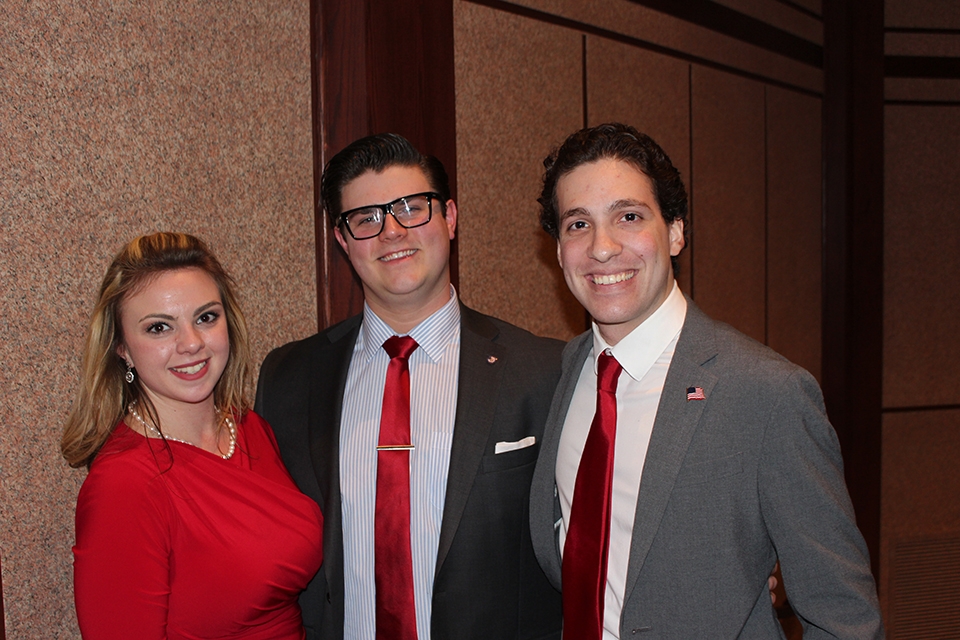
by the editorial staff
Feb. 17, 2022
It’s no secret that political discourse has reached a fever pitch in this country. At a day and age where access to information is seemingly limitless, it can be unbelievably perplexing to hear friends and relatives regurgitating the toxic claims of misinformation and disinformation.
Even among highly educated and competent company, many of us find ourselves in a constant struggle for truth, each irate and demonstrably false Facebook post tearing us further and further apart from our loved ones.
As the resident journalism professionals in our families, we are often tasked with educating the less media-savvy of our households. Oftentimes, a quick correction of fact or a simple probing question can send the Thanksgiving table into utter chaos or Christmas morning into an all out battle for truth.
The core of believing conspiracy theories is a sense of belonging. When groups of people feel wronged by society, the government and even the world at large, they want to feel heard. They want to find meaning in the often meaningless suffering around us. For many Americans, certain world events seem too large, too impactful to be coincidence.
For example, in the 90s, many conspiracy theories arose after the death of Princess Diana. To many, she was too prominent, too important, too beloved to have died in a car accident like any other faceless victim. As a result, even in the infancy of the internet age, groups of people began spreading the endlessly disproven idea that Diana of Wales had been assassinated by other members of the royal family. Although this theory has been investigated and debunked by every professional and armchair detective the internet has to offer, many still cling to this idea as fact.
A similar phenomenon has occurred with misinformation regarding the pandemic. This massive, global event has stalled and stopped life on nearly every corner of the planet and is, quite frankly, terrifying. Seeing this, it can often be easier to find comfort in thinking that this was a planned, anticipated attack against humanity instead of a trick of fate mixed with a slew of poor planning and response.
When dealing with loved ones who believe conspiracy theories like these, we must rise to the challenge of educating them — not with intellectual elitism or demeaning condescension — but with the kindness and compassion we should always show to our fellow man.
The war against disinformation is not going to be won with screaming matches and a barrage of links to credible sources. To fully combat these tendencies toward disinformation in the people we love, we must instill in them a greater sense of community and belonging than these fringe conspiracy groups can provide.
While we need to tackle the issue of disinformation as a society with fact checking websites, the continued support of local journalism and tighter regulation of social media platforms, the everyday fight against disinformation, conspiracy theories and misinformation must be done on the individual level through empathy and a genuine concern for the other.




